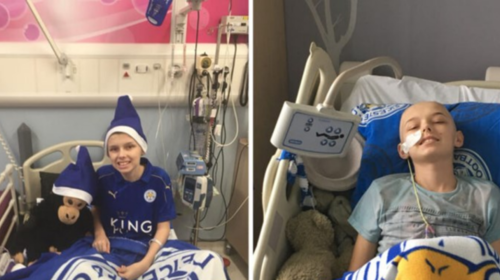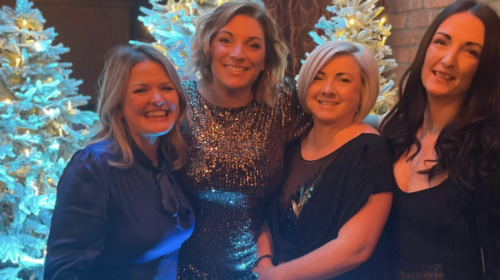Market Research Myth #1: “It’s not you, it’s me…”
Dispelling the common myths behind market research recruitment

The most frequent questions we’re asked by people who’ve applied for research is:
“Why haven’t I been selected to take part?”
It’s the million-dollar-question, and sometimes it can be a tricky one to answer… so let us try and shed some light on the situation.
Research projects are mainly driven by the two B’s: BREADTH and BUDGET. Our job as a recruiter is ensure we deliver both of these so our client can harvest as much information as possible from you, our lovely respondents. This ensures the research for the product, service or brand most is the most insightful and cost-effective it can be for future development.
Researchers will consider current sales, market data, competitor data and future trends. Once they’ve got all this data, they distil it. Their aim it to create a research potion that’s potent enough to make a change for the better, and robust enough to withstand rigorous critique, delivering on time and within budget – it’s no mean feat!
Every research project comes with its own unique set of criteria, which in the research world are referred to as ‘quotas’. The quotas are set to ensure that the research results are inclusive, robust and relevant. The most common ‘quotas’ we have to fulfil are usually around:
- Gender
- Age
- Geographical location
- Life stage
Then, there are always more specific requirements for us to fulfil that are relevant to the product, service or brand being researched. These can vary greatly. Here are some examples:
- New vehicle development:
- Respondents must have recent experience of purchasing a vehicle from new
- The vehicle purchased matches or is equivalent to (in terms of make, model, body style, engine type) the new vehicle being researched
- The proposed price of the new vehicle is in the price range the respondent is willing to pay for their next vehicle
- Service development:
- Respondents must have recently experienced the service being researched, or must have recently experienced an equivalent competitor service
- Respondents must have a positive or negative experience
- Respondents must be open using the brand and service we’re researching in the future
These specific requirements are set to ensure that the research either covers all angles relevant to the research project or targets a specific issue or set of issues the research is being undertaken to overcome. There’s little value in talking to someone who hasn’t experienced it or isn’t open to experiencing to brand, product or service in the future. There’s little value in talking to a vegan about beef steaks, right?
We also have a whole host of other factors to consider when you for research to protect the integrity of the research study. Some examples are:
- Ensuring that we meet all the relevant criteria required to participate – this may include proof of ownership (e.g. for a vehicle or product) or proof of age (e.g. alcohol or tobacco study).
- Ensuring that we have your consent to the terms of the research project (e.g. recording consents).
- Ensuring that we’re confident you’ll deliver useful insights in the research format you’re taking part in (e.g. you will be comfortable in a group discussion or you can commit to completing the project on time)
- Ensuring we can protect your anonymity when you participate.
- Ensuring the brand or product remains a secret, so a bias (positive or negative) doesn’t affect the research study.
- Ensuring that we aren’t compromising you or the research project (e.g. you work for the brand or one of it’s competitors, your job is in the industry we’re researching).
Our two priorities when recruiting you for a market research project:
1: You fit the bill for the criteria set by our client.
2: You have an enjoyable experience.
So, when you apply for research and aren’t selected to take part, we’re not just paying you lip service. It really is a case of “It’s not you, it’s me!”
Interested in taking part in research? Find our latest projects here.



